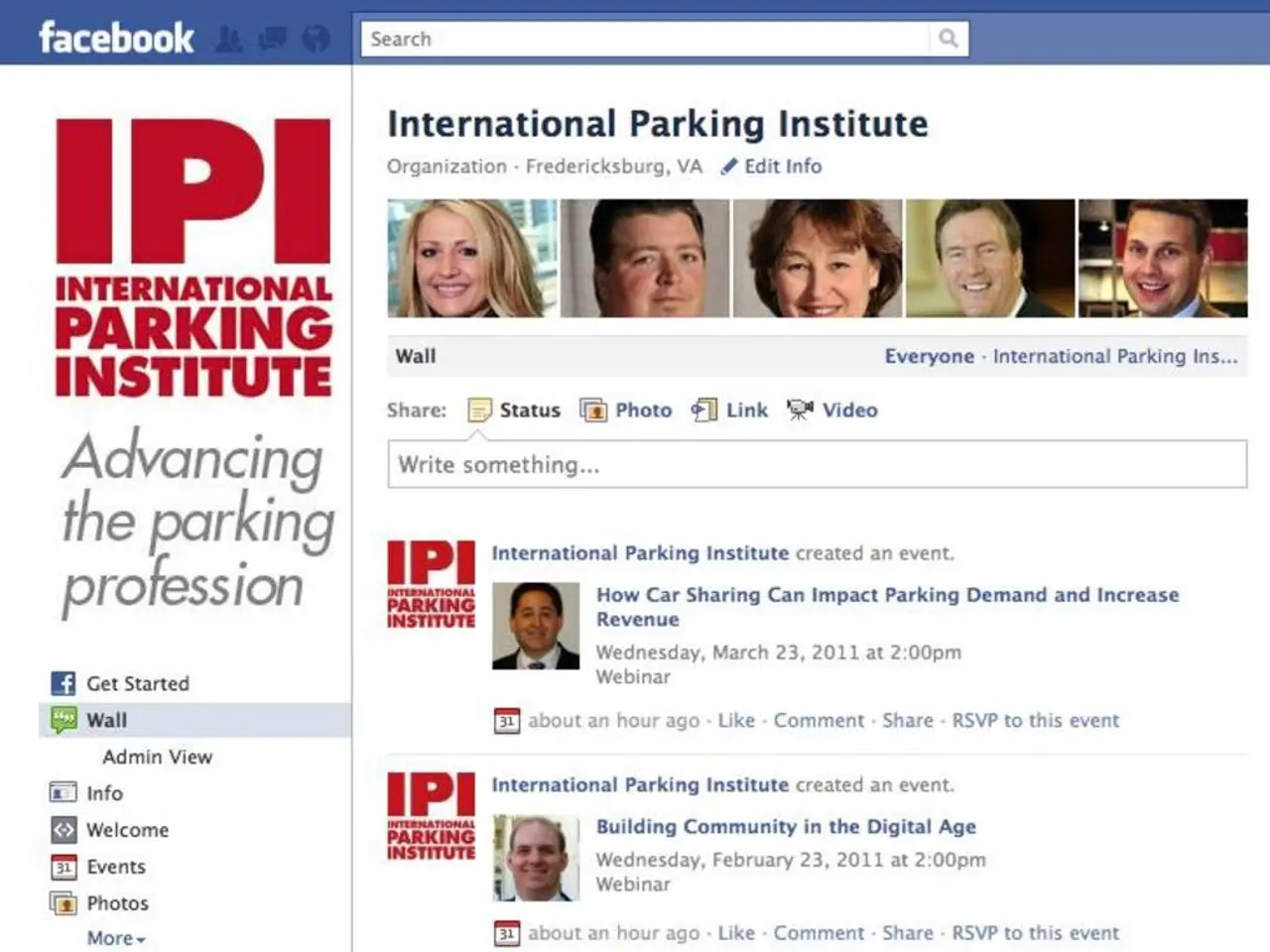Issue of Age Bias in Employment within Bremen's Job Market Under Scrutiny
In the dynamic world of job advertisements, certain phrases commonly used in corporate contexts may inadvertently create barriers for established workers. These phrases, such as "young team" and "entry-level professional," can send a subtle message that may deter qualified applicants.
According to recent analyses of thousands of job ads, the IT sector, hospitality industry, engineering professions, and skilled trades are among the top industries using such potentially age-discriminatory language. The health sector follows closely behind.
Experts warn that the use of such phrases can have an age-discriminatory effect, depending on the context. For instance, phrases like "career start," "fast-paced environment," "fit and resilient," and "digital native" could also signal a preference for younger applicants.
The implications of age-discriminatory language in job advertisements are significant. Older workers, not just those of retirement age, are being filtered out, contributing to exclusion and lower employment opportunities for this demographic. This reinforces ageism and limits workforce diversity.
In Germany, as in many OECD countries, older workers face challenges including persistent age discrimination that lowers their employment rates and hinders job mobility. Although legal frameworks prohibit explicit age discrimination, subtle or implicit ageist language in job ads can nonetheless perpetuate exclusion. This contributes to the underemployment among older workers, who may face both diminished hiring prospects and limited access to training or development opportunities necessary for career advancement.
Moreover, the impact is more pronounced for certain groups such as older women, who encounter compounded discrimination based on both age and gender. This intersectionality leads to earlier retirement, fewer promotions, and widened pay gaps, further reducing labor market participation of older adults in Germany.
Efforts to combat age-discriminatory language are part of broader policies aimed at increasing labor force participation of older workers, which is increasingly important given Germany’s aging population and the economic need to extend working lives. Companies that explicitly promote diversity and inclusion in recruitment, avoid ageist wording, and provide training opportunities contribute to better integration of older job seekers and a more inclusive labor market environment.
It's crucial to note that companies using such phrases may be risking losing valuable skilled workers. Age discrimination in job ads could negatively impact the German labor market, which is experiencing a labor shortage, particularly of skilled workers. Addressing this requires legal enforcement, awareness, and proactive use of inclusive language in hiring practices to improve older workers’ participation and retention.
- The health sector, along with IT, hospitality, engineering, and skilled trades, uses potentially age-discriminatory language, according to analyses of job ads.
- Such phrases, like "career start," "fast-paced environment," and "digital native," could inadvertently prefer younger applicants, based on experts' warnings.
- Age-discriminatory language in job advertisements can lead to exclusion and lower employment opportunities for older workers, reinforcing ageism and limiting workforce diversity.
- Companies promoting diversity and inclusion in recruitment, avoiding ageist wording, and offering training opportunities can improve integration of older job seekers and create a more inclusive labor market environment.




